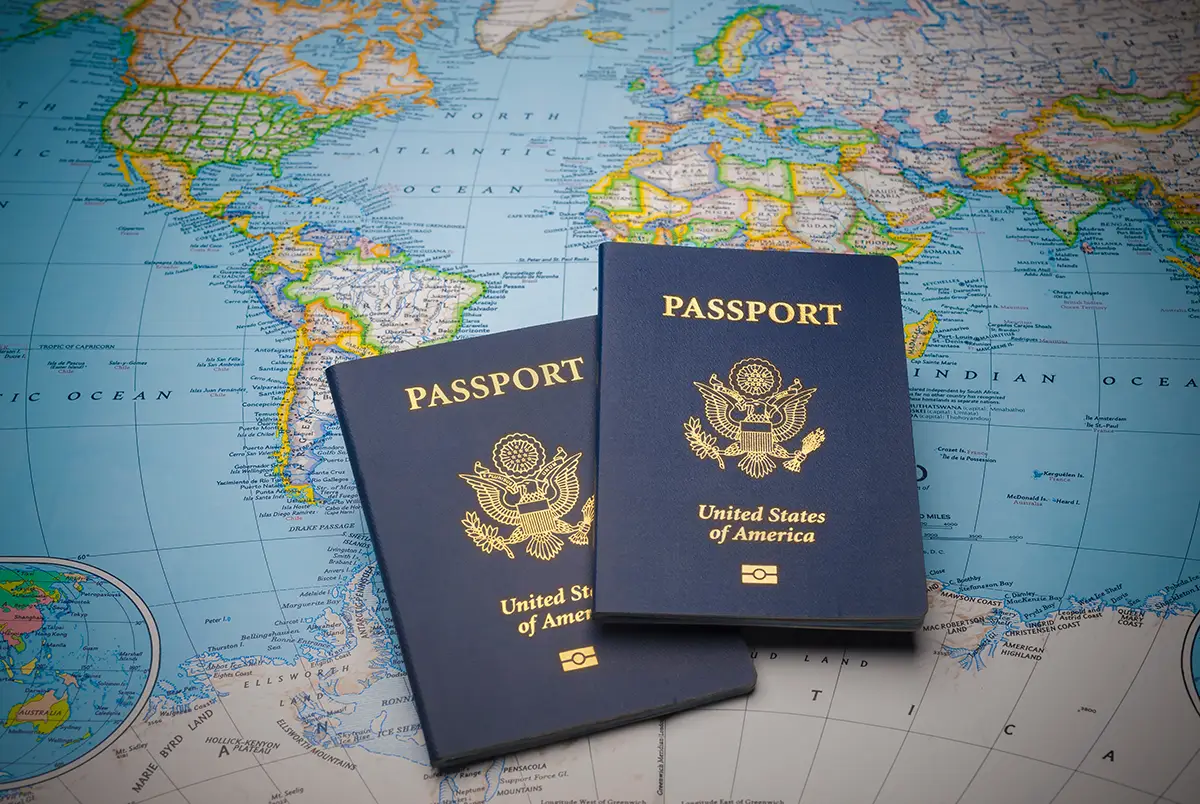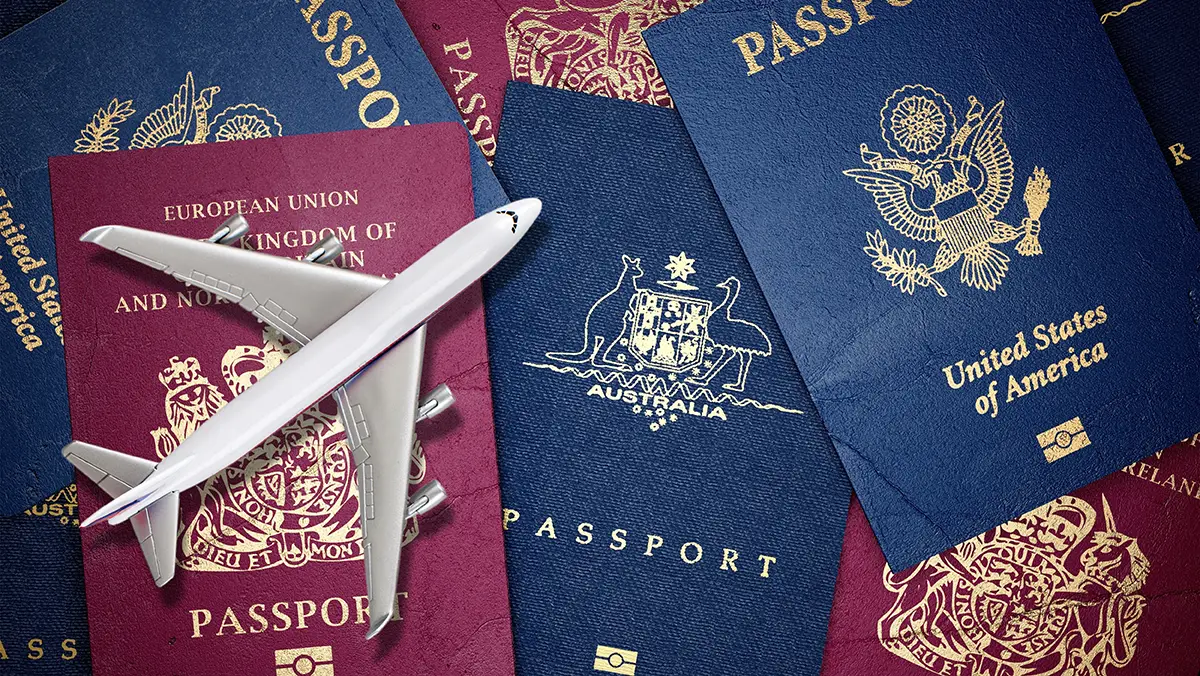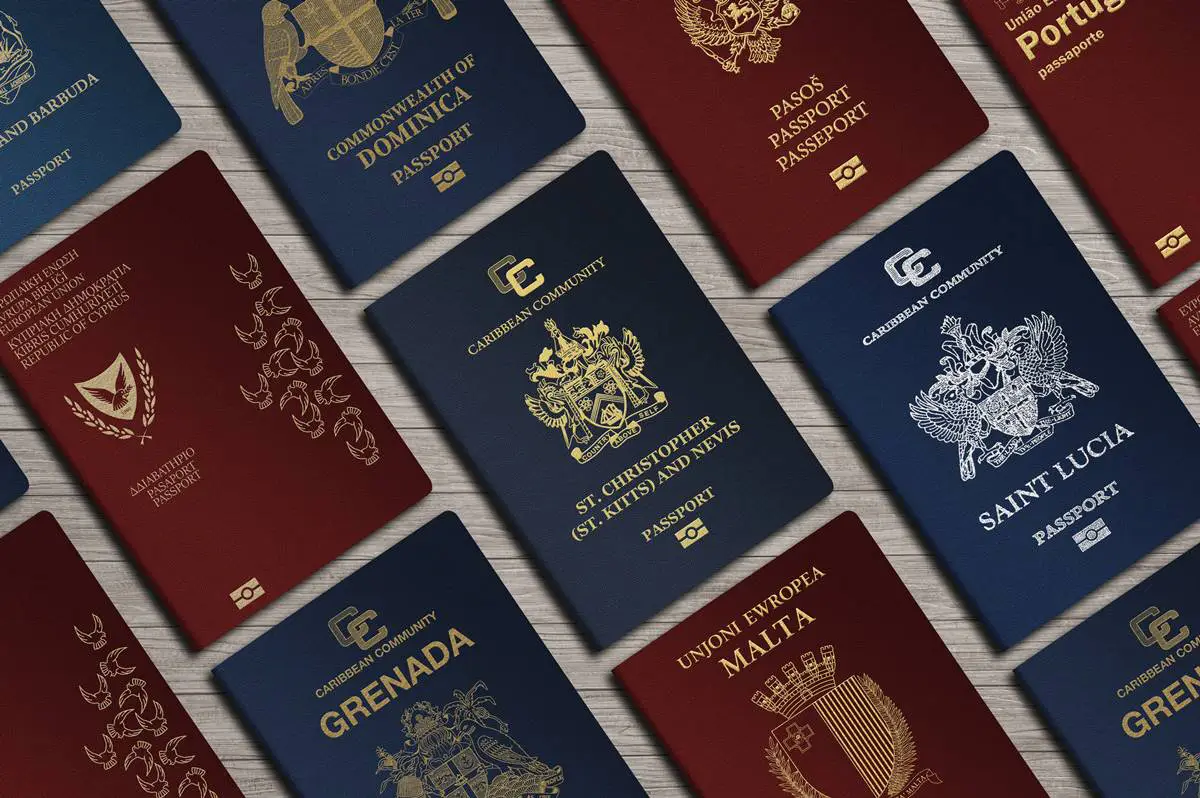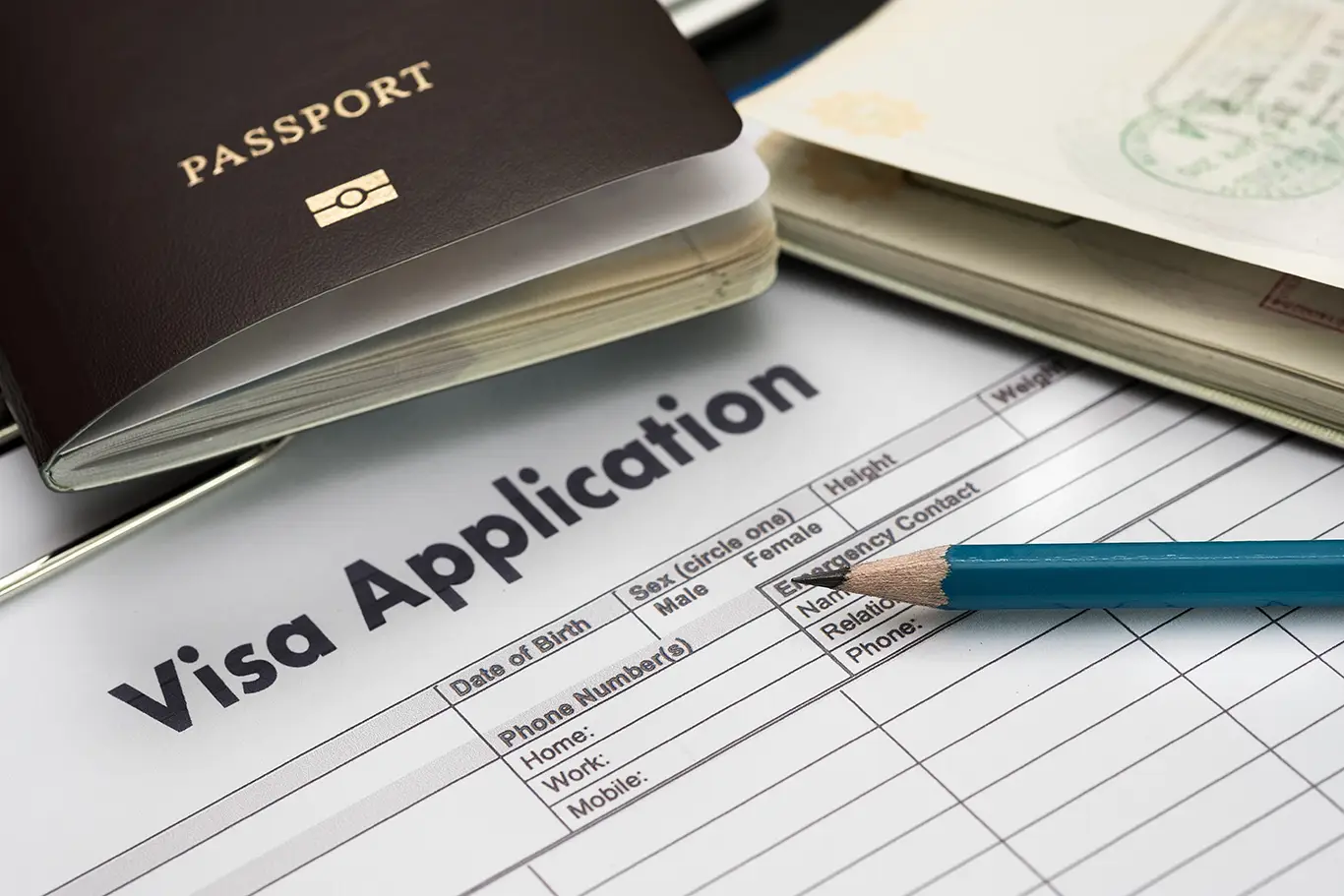What is Dual Citizenship for US Citizens?
Dual citizenship, also known as dual nationality, refers to the legal status of an individual simultaneously recognized as a citizen of two different countries. This status confers the rights and obligations of citizenship in both countries, including the ability to hold passports from each, participate in elections, and access social services. For U.S. citizens, dual citizenship offers a unique blend of benefits, allowing them to live, work, and travel freely between two nations while enjoying the protections and privileges that come with being a citizen of both.
In essence, dual citizenship is a legal acknowledgment of the allegiance to two countries. This does not necessarily imply equal loyalty, as for instance the U.S. government expects its citizens to prioritize their American identity. However, the existence of dual citizenship provides a legal framework that enables U.S. citizens to expand their horizons to other nations without fully cutting ties with their homeland.
Can U.S. Citizens Have Dual Citizenship?
The short answer is yes, U.S. citizens can hold dual citizenship. The U.S. government operates under the principle that a person can hold multiple nationalities, provided that the other countries involved also allow it. For example, Chinese citizens cannot hold a second nationality, so by holding the American one, they could lose the Chinese.
As explained before, the concept of dual nationality is not explicitly encouraged, but it is recognized under U.S. law. This means that Americans who acquire citizenship in another country are not required to renounce their U.S. citizenship, and vice versa.
However, the path to dual citizenship can be complex and require a lot of time and dedication through the bureaucratic process. While the U.S. does not require renunciation of other citizenships, it does expect dual citizens to fulfil their obligations as U.S. citizens. This includes paying taxes on worldwide income, serving on juries if requested, and abiding by U.S. laws. For instance, the U.S. have its own laws that, sometimes, could conflict with other nations, such as the Anti-Polygamy Act, which claim that you as a citizen can only officially married one partner. In this case, the American law would prevail for this citizen, even if they carry a second citizenship in a country that allows marrying more than one partner. The U.S. government also requires that dual citizens use their U.S. passports to enter and exit the United States, regardless of any other passports they may hold.
The legal landscape of dual citizenship is further complicated by the fact that not all countries recognize or permit dual nationality. Therefore, U.S. citizens considering acquiring another citizenship must carefully navigate the legal requirements of both the U.S. and the other involved country.

Countries that Allow Dual Citizenship with the USA
Several countries around the world permit dual citizenship with the United States, offering a wide range of opportunities for U.S. citizens to obtain a second nationality. These countries vary in their economic stability, legal systems, and cultural environments, providing diverse options depending on an individual’s preferences and goals.
European Nations
The European Union is a popular destination for U.S. citizens seeking dual citizenship, thanks to its stable economies, high quality of life, and strong passports. Countries like Spain, Portugal and Italy are particularly attractive, offering pathways to citizenship through descent, naturalization, or investment. In these countries, U.S. citizens who acquire any EU Member State citizenship can enjoy the benefits of the European block membership, including the ability to live and work in any of the 29 Schengen Area states.
Read more:
EU Citizenship by Investment: How to Get the European Passport
Caribbean Islands
The Caribbean offers a fast and relatively affordable route to dual citizenship, with countries such as St. Kitts and Nevis, Dominica, and Grenada offering citizenship through investment programs starting from €200.000. These nations are especially appealing due to their visa-free access to a wide range of countries, including those in the European Union. Additionally, the Caribbean’s favorable tax regimes make these nations attractive for individuals looking to optimize their tax situations. Recently the Caribbean nations jointly signed the Memorandum of Agreement (MoA), with an implementation deadline on June 30th, 2024. With the MoA, the island nations have announced their minimum investment threshold increase to USD $200,000.
Asia and Oceania
While less traditional, some countries in Asia and Oceania, like Australia, Singapore and Vanuatu, are emerging as viable options for dual citizenship. These nations offer robust economies, high living standards, and strategic geographical locations. However, their dual citizenship policies can be more restrictive compared to Europe and the Caribbean, often requiring a significant period of residency before citizenship can be obtained.

Benefits of Dual Citizenship for the USA Citizens
Dual citizenship offers several benefits that make it a strategic investment for U.S. citizens. One of the most significant advantages of dual citizenship is enhanced global mobility. Dual citizens can travel more freely, with access to multiple countries without the need for visas. This is particularly beneficial for business professionals, frequent travelers, and those who value the freedom to move between countries with ease.
Holding dual citizenship can unlock new economic opportunities by allowing individuals to participate in the economic activities of two countries, including the ability to invest in real estate, start businesses, and access different financial markets and funds. This diversification can provide a hedge against economic downturns in one country, offering greater financial security.
Unarguably the most important benefit of holding a second passport is security. In an era of political and economic uncertainty, dual citizenship provides a valuable safety net. It offers an alternative place of residence in case of instability in one’s home country. This added layer of security ensures that dual citizens have the flexibility to relocate and continue their lives with minimal disruption.

Another important benefit that dual citizens can take advantage of is the diversification of healthcare, education, and social services in their second country of citizenship. In many cases, these services are more affordable and accessible than in the United States. For families, this can mean better educational opportunities for children and access to high-quality healthcare.
Depending on the tax laws of the second country, dual citizenship can provide opportunities for tax optimization. Some countries have tax treaties with the U.S. that allow dual citizens to avoid double taxation, while others offer favorable tax regimes that can reduce the overall tax burden.
Disadvantages of Dual Citizenship for the USA Citizens
While the benefits of dual citizenship are substantial, there are also potential drawbacks that U.S. citizens should consider. Dual citizenship comes with a set of legal responsibilities that can be complex to navigate. Dual citizens must adhere to the laws of both countries, which can include paying taxes, fulfilling military service requirements, and complying with residency regulations. The legal complexities can be particularly challenging when it comes to taxation, as dual citizens may be required to file taxes in both countries.
However, the U.S. has tax treaties with many countries to prevent double taxation, as the process of managing tax obligations in two countries can be cumbersome. Dual citizens must stay informed about the tax laws in both countries to ensure compliance and avoid penalties. In some cases, the financial benefits of dual citizenship may be offset by the costs and complexities of managing tax obligations. At Investment Visa, we advise our clients and partners to always seek the help of an accountant in order to have these tax obligations details figured out.
While rare, certain actions could lead to the loss of U.S. citizenship. For example, if a dual citizen runs for political office in another country or serves in a foreign military, the U.S. government may interpret these actions as a renunciation of U.S. citizenship. It is essential for dual citizens to be aware of the potential risks and to seek legal advice if they are considering actions that could jeopardize their U.S. citizenship.

Ways To Obtain Dual Citizenship for US Citizens
U.S. citizens have several pathways to obtaining dual citizenship, each with its own set of requirements and processes:
Citizenship by Descent
Many countries offer citizenship to individuals who can prove their ancestry in that country. This is a common route in countries like Ireland, Italy, Portugal and Spain, where citizenship can be passed down through generations. U.S. citizens with familial ties to these countries can often obtain citizenship by providing documentation such as birth certificates and marriage licenses.
Citizenship by Marriage
Marrying a citizen of another country can provide a path to dual citizenship. The process and requirements vary by country, but in many cases, marriage to a citizen grants eligibility for naturalization after a certain period of residency. This option is popular among U.S. citizens who have established personal or professional ties abroad.
Citizenship by Naturalization
Naturalization is the process by which a foreign national becomes a citizen of another country. This typically involves a period of residency, language proficiency, and knowledge of the country’s laws and culture. U.S. citizens who live abroad for an extended period may qualify for naturalization, provided they meet the specific criteria of the host country.
Citizenship by Investment
The best way to obtain another citizenship is through investment options. Currently, several countries offer citizenship in exchange for a minimal financial investment. These programs, known as citizenship by investment, are particularly popular in the Caribbean and Europe. Countries like Turkey, St. Kitts and Nevis, Grenada and Dominica offer streamlined processes for investors, making this an attractive option for U.S. citizens who can afford the required investment.
How Investment Visa Can Help You With Your Dual Citizenship
The Investment Visa team of experts offers unparalleled opportunities for Americans seeking dual citizenship. With a global presence in over 17 countries, our portfolio is both diverse and carefully curated, ensuring that we can provide tailored solutions to meet your specific needs and budget.
Whether you're interested in obtaining European citizenship or exploring options in other desirable regions like the Caribbean or the UAE, our team is equipped with the knowledge and resources to guide you through every step of the process. From identifying the best investment opportunities to navigating the legal requirements, we are committed to making your journey to dual citizenship smooth and successful.
Frequently Asked Questions
Yes, dual citizenship can complicate estate planning and inheritance due to differing laws between countries. For instance, inheritance taxes, wills, and property rights may be handled differently in each country. It is advisable for dual citizens to seek legal counsel in both countries to ensure their estate is managed according to their wishes.
Holding dual nationality does not generally affect your eligibility for U.S. social benefits, such as Social Security or Medicare. However, if you choose to reside primarily in your second country of citizenship, you may need to consider how that country’s social benefit system interacts with U.S. benefits.
Dual citizenship typically allows individuals to hold passports from both countries, enabling easier travel between them. Dual citizens can also benefit from visa-free or visa-on-arrival access to more countries, depending on the strength of their . This can significantly simplify international travel.
Yes, dual citizenship can enhance your ability to own property in your second country of citizenship. Some countries restrict property ownership to citizens, so having dual citizenship can provide you with more opportunities to invest in real estate abroad without facing legal barriers.
Dual citizens are required to file U.S. taxes on their global income, regardless of where they live. However, tax treaties between the U.S. and other countries often prevent double taxation. It is important for dual citizens to understand the tax laws of both countries to ensure compliance and take advantage of any available tax credits or exemptions.
The U.S. does not limit the number of citizenships a person can hold. However, each additional citizenship must be in compliance with the laws of the other countries involved.
Yes, U.S. citizens could hold Dual nationality if the other country involved also allow multiple nationalities. However, managing the legal obligations and tax requirements of both countries can be complex, and individuals should be prepared for the administrative burdens that come with holding multiple citizenships.



























































































































